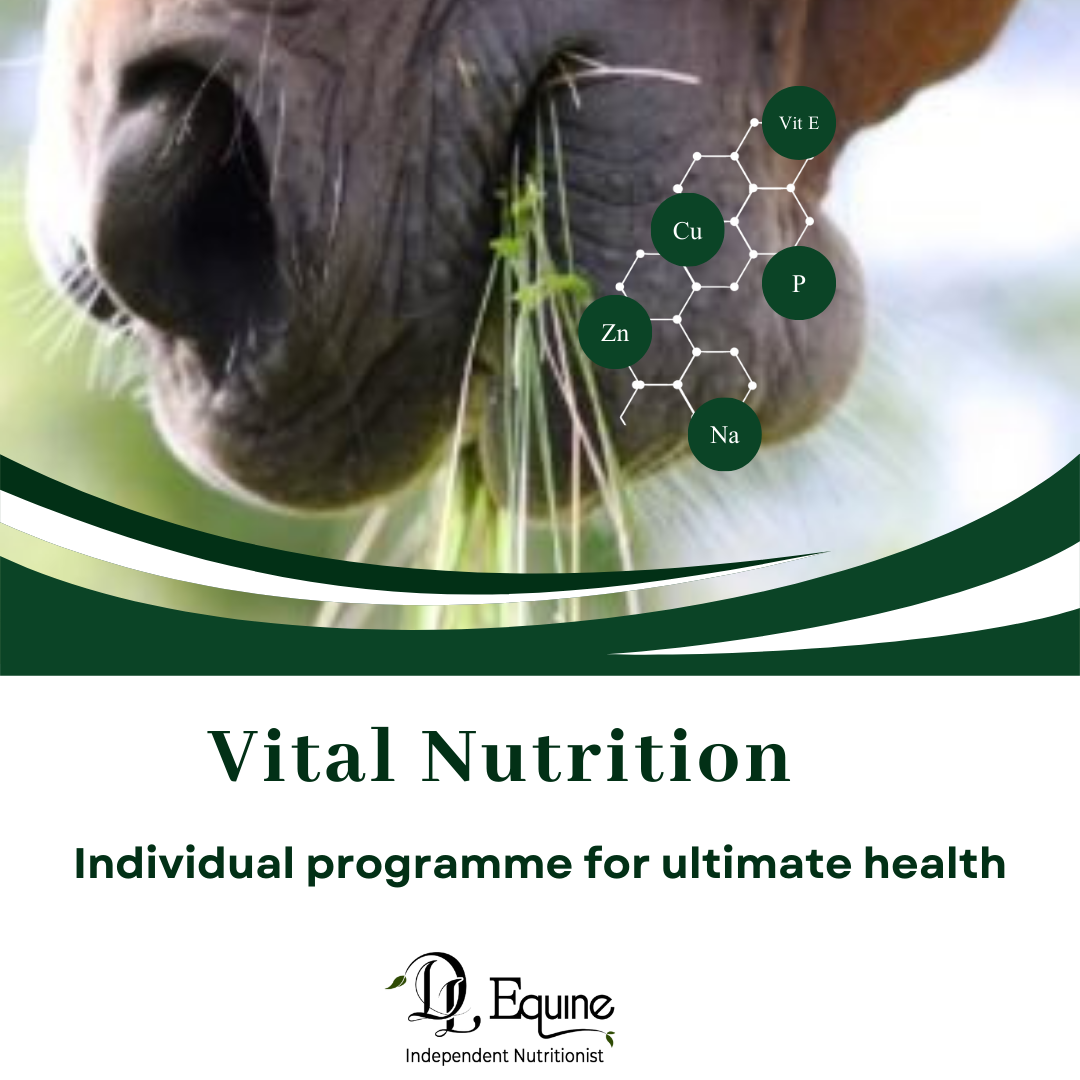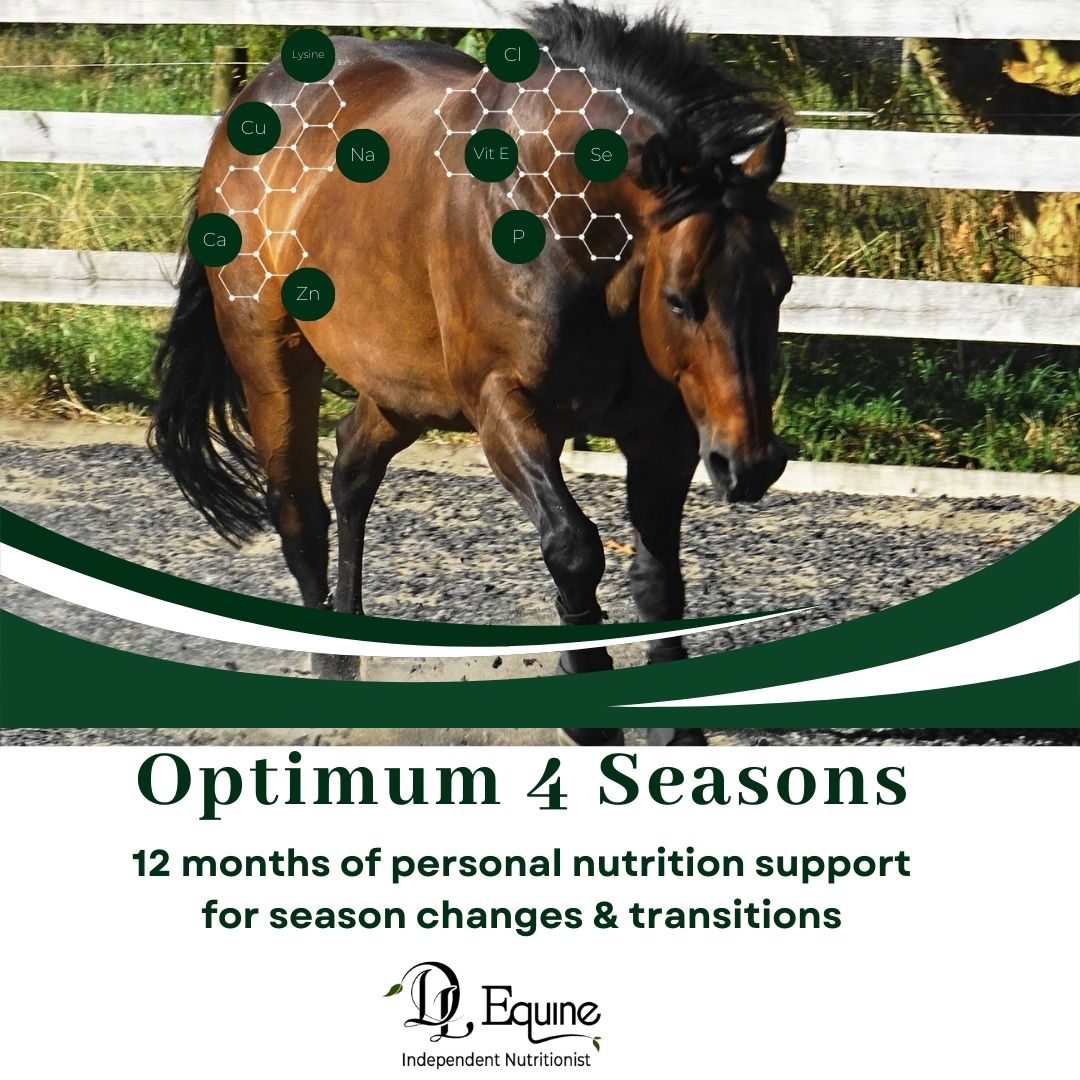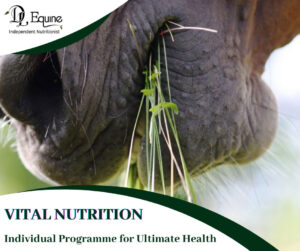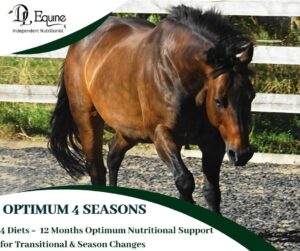I had a great question from a client this week , Katie writes: “our paddocks are wet in winter, and last winter one of the four horses had a bit of greasy heel, and another got some seedy toe. I know that nutrition is important for these conditions and they are all on a diet that balances but would it help to add more of anything, such as copper/zinc? And would that be something we did all year around or just seasonally.”
My answer share here; Hey there and thank you for the great question.
Agh wet muddy paddocks are the worst for us horse owners, I think I look at the weather report more than Dan the weatherman in the winter!
So first off lets define greasy heel in the horse: This is an inflammatory condition of the skin called dermatitis. It usually presents in the lower leg, particularly non pigmented skin. The lesions appear as scaling, crusting etc, and can be due to a number of skin issues caused by organisms such as fungi, bacteria and even mites.
Greasy heel can be caused by the constant exposure to above mentioned wet and dreaded muddy conditions. Also low heel conformation. These wet continual conditions breakdown the skin on the legs of their natural barrier to unwanted organisms like bacteria, causing dermatitis. This looks like swelling and a rash which can evolve into scabs and crusts.
Seedy toe is actually a separation of the horse’s hoof wall from the underlying sensitive laminae at the white line, resulting in a cavity that fills with crumbling dirt, horn and debris and is prone to associated infection. This can occur in laminitc and also non-laminitic hooves where conformation is compromised by long toe/low heel shape. Then bacteria set in causing more damage.
So for both conditions having a good farrier keep your horses hooves at the correct angles and regularly trimmed is essential.
Paddock management is to try and get your horses onto a dry area for a part of the day or night if you can. Tape off muddy gateways so they don’t stand in wet mud all day.
If there is lameness always seek veterinary advice.
In regard to nutrition:
You are absolutely correct in that your horses need copper and zinc in their diet.
The key nutrients for the maintenance of the hoof wall include the vitamin pyridoxine (B6) essential amino acids methionine and lysine as well as trace minerals (copper and zinc especially).
Copper is a mineral involved in bone collagen stabilisation, elastin synthesis, the mobilisation of the bodies iron stores and melanin (pigment) synthesis. The NRC recommendation of 10 mg of copper/kg of diet DM consumed/day still appears to be adequate for mature horses.
What is important is that copper should be fed in a specific ratio with zinc.
Zinc is a component of many metalloenzymes in the body that are involved in the metabolism of protein and carbohydrate (metalloenzymes are enzymes that contain one or more metal ions in their active state).
The exact dietary requirement of zinc for horses is not well defined, however, the optimum dietary zinc intake appears to be between 40 mg of zinc/kg of DM consumed/day and 80 mg of zinc/kg of DM consumed/day.
Hoof quality suffers with copper and zinc deficiency. Deficiencies of either copper or zinc have been linked to soft hooves, cracks and thrush etc.
Impressive improvements in hoof quality are often seen following adequate zinc and copper supplementation. Because of zincs apparent effect on copper metabolism, it should be included in the diet in a ratio of no more than 3 – 5 parts zinc to 1-part copper.
So if you still with me and your eyes haven’t glazed over yet….what else can you feed to help your horses feet?
So you have already balanced your copper and zinc then make sure your horse has adequate Vitamin B6 and amino acids in their diet. Cool season grasses and lucerne are generally higher in in amino acids than say meadow so get to know your grass species and if your paddocks are more rye or warm season grasses like teff (if you are in Australia) then you could potentially add a supplement for these to the diet or alternatively feed a chaff or hay of lucerne.
Then there is the vitamin Biotin. (B7).
Biotin is essential in the conversion of feedstuffs to energy so horses can grow, work, and reproduce. Biotin is found in virtually every cell in the body and is an essential coenzyme in carbohydrate, fat, and protein metabolism. KER research tells us that – ‘this B-vitamin is also important for normal thyroid and adrenal gland function, reproductive tract health, nervous system stability, and most dramatically, growth and repair of skin and hooves.’
Many feed stores will try and sell you a biotin supplement to add to your already expensive feed. However, some facts to think about here are:
Biotin is contained in most feeds and forages, especially fresh green forages. So deficiency here not usually an issue in most areas of NZ and some parts of Australia, unless your paddocks are completely overgrazed.
Also important is the fact that the microbes in a healthy horse’s hind gut produce biotin which is made available to the horse.
The crucial word here is healthy!
If your horse is healthy it should be able to produce its own biotin and also use its copper and zinc appropriately for healthy hooves. When a horse’s body comes under stress things can change rapidly.
By stress I actually mean, competition, cold weather, travelling and working. It ALL affects the gut!
Specifically here the gut microbes get out of balance this can affect biotin synthesis, resulting in less biotin availability. So in this case you would want to feed more biotin to your horse.
Research has shown that Biotin only improves the growth of new hoof horn, not existing hoof. Because of this, the results of biotin supplementation took eight to 15 months to complete, depending on the growth rate of the hoof. This is the length of time necessary for the hoof wall to completely grow out and replace itself.
We horse people aren’t known for patience when it comes to wanting to see our horses get healthy fast, but hooves take time…bit like pantene
Research has also proven that the function and strength of the barrier fats in the hoof is strongly influenced by the ceramide content. That, in turn, responds to biotin supplementation.
The requirement of the horse is unknown but research has shown favourable response to a dose of 20 to 30 mg/day for the average horse.
Feed fats; The horse is capable of synthesizing all the fats needed for the hoof wall with the exception of essential fatty acids. No dietary minimum requirement has been set for fat in the equine diet but supplemental fat often noticeably contributes to coat and hoof quality. So the addition of a good fat such as flaxseed oil (excellent Omega 3 to 6 ratio) can help.
Hoof oils; Topical hoof dressings are no substitute for a healthy hoof but if you find your horse is in trouble they can be helpful while you work toward maximizing hoof nutritional support. The best hoof oils are natural and soak into the hoof and contain antibacterial and antifungal ingredients like the DL Equine Hoof Oil, containing Flaxseed oil and extracts of Comfrey and Carrot Seed to prevent infection.
To help your horses further with preventing the dreaded mud issues this winter remember the horses gut changes and their resultant health can change with every season and event. Your horses diet needs to be adjusted to suit, as much as we would like, nothing stays the same and diets are always a balancing act.
The fact that you are already thinking of ways to prevent these issues shows you are a responsible horse owner and already on the right track with your horses health!
Dale Logan
BSc, Post Grad Dip, Equine Nutrition, Massey University.
Equine Nutrition Advanced Uni of Guelph, Cert Equine Herbal Medicine, Cert NZ Animal Welfare Legislation







